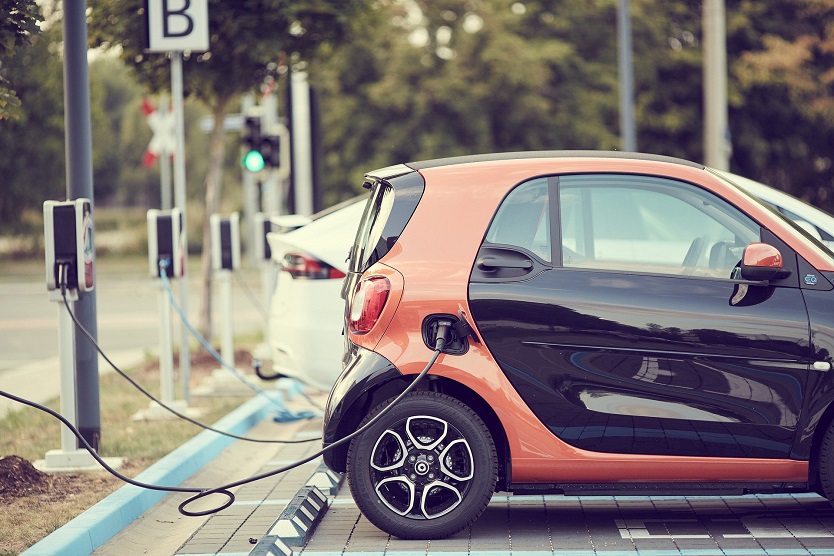
A new joint research project called ALANO will focus on the development of next generation batteries with Li-metal anodes at its core.
Lithium-ion batteries, which are basically composed of positive and negative electrodes separated in an electrolyte solution, are standard in electric vehicles. But battery experts and manufacturers believe that solid state lithium metal (or Li-metal) energy accumulators are the future of electromobility, on account of having higher energy density and being far safer.
Last month, a new joint research project called ALANO (Alternative Anode Concepts for Safe Solid State Batteries) was kicked off by BMW AG in a coordination role with the Helmholtz Institute Ulm (HIU) taking the scientific lead in a large-scale initiative that brings together two Fraunhofer institutes, the MEET battery research centre at the University of Münster and a number of other academic and commercial partners. It will focus on the development of next generation batteries with Li-metal anodes at its core.
"Lithium metal as an anode material has the potential to significantly increase the energy density at cell level and thus significantly extend the range of electric cars," explains Professor Stefano Passerini, head of the Battery Electrochemistry Research Group at HIU in a press release by the Karlsruhe Institute for Technology (KIT). Different solid state concepts will be tested in order to optimise safety, performance, reactivity and energy density.
As solid electrolytes are less reactive – they do not contain flammable liquid and don’t leak – all aspects of the battery are more stable. The cell is also more robust overall, which makes handling, cooling and system integration easier and cheaper, while the service life of the battery is increased.
ALANO will look at the entire value chain of solid state (Li-metal anode) batteries and is funded by The Federal Ministry of Education and Research (BMBF) under its "Battery 2020 Transfer" project.


